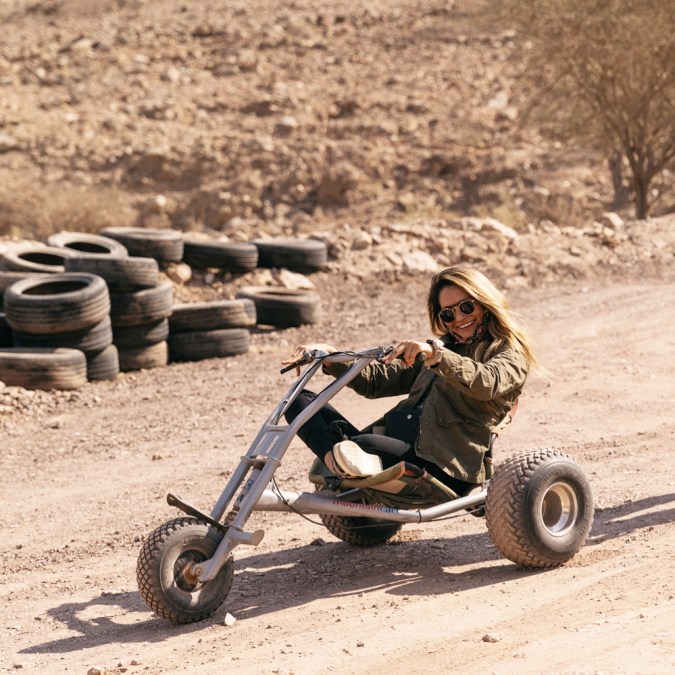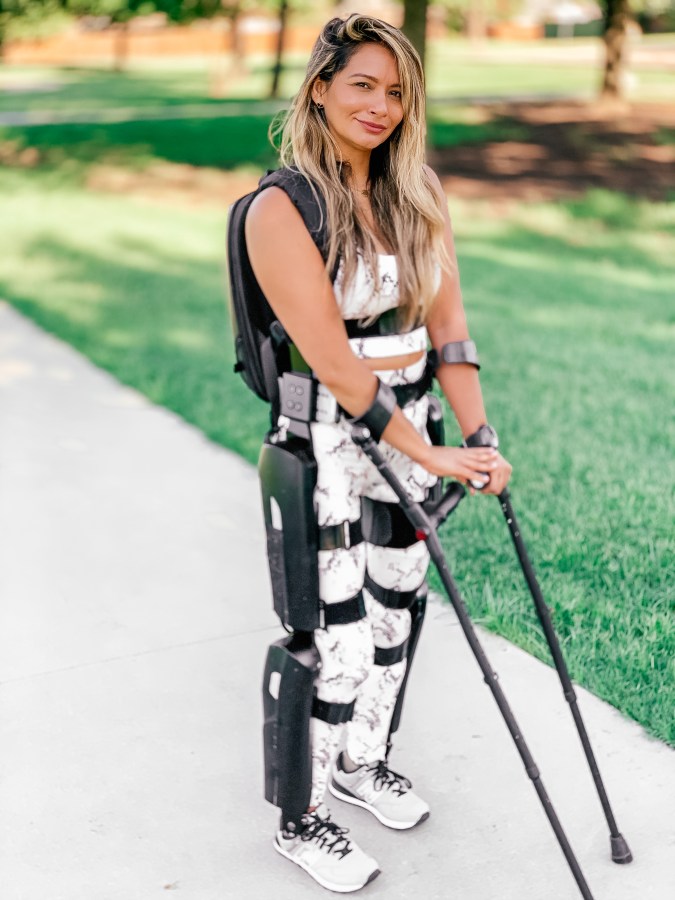Over the last two decades, Marcela Marañon has spent her time working as an advocate for individuals living with physical disabilities. It’s become her mission in life to prove to everyone that having a disability should never stop them from following their dreams. For Marañon, those dreams included becoming the first disabled Latina to climb 19,341 feet to the top of Mount Kilimanjaro, the highest mountain in Africa.
Marañon’s mission came to be after a consequential experience in 2002. At the age of 21, her life changed forever when she was involved in a car accident that left her paralyzed from the waist down. Sadly, the accident also took the life of her boyfriend. While Marañon has experienced her share of challenges, such as the grievous accident, she’s never allowed them to hold her back.
“I always tried to share my life struggles with everyone,” Marañon, 41, says. “I want to break down barriers and change the mentality people have about those with disabilities.”

In our editorial series Remezcla Meets, we put interesting, one-of-a-kind Latine creators in the spotlight to elevate their voices and to see how they are helping shape the way the world sees our cultures. We’ve partnered with Walmart on this iteration of the series to share stories like Marañon´s. She plays an important role in our community by advocating for those with disabilities and challenging assumptions and misconceptions, as she leads by example.
Currently, Marañon has 568,000 followers on her Instagram profile, which she calls “The Journey of a Brave Woman.” She also has over 327,000 followers on TikTok. It’s through these platforms that Marañon is pushing back against misconceptions about those with physical disabilities.
“There are a lot of stigmas out there about people with disabilities,” Marañon said. “They look at a woman in a wheelchair and think that we can’t be a wife or have children. They see our medical devices – our wheelchairs or our canes – as a problem. But the reality is, this medical equipment helps us have more freedom and independence. It’s something positive.”

Marañon’s own positive outlook on life didn’t come easy for her at the beginning, but she worked through the reality of her situation after the accident. Although she refuses to live her life with a “poor me mentality,” she’ll be the first to admit that there were moments of depression when she started to wrap her mind around how much things were about to change.
“I had moments of grieving and moments of thinking, ‘I don’t know what I’m going to do with my life,’” Marañon said. “I didn’t like how I looked in the mirror. I had all those negative thoughts. The way I overcame them was by taking it day by day, setting goals and thinking that I am valuable and beautiful the way I am. So, I’ve trained my mind to do that. That’s how I live my life. I do my best with what I have.”

It’s a message Marañon hopes not only reaches adults with physical disabilities, but also the parents of children who are disabled. She wants parents to know that with their support, their children can accomplish anything they want in life.
“Parents worry because they don’t know what is going to happen with their kids when they grow up,” Marañon said. “But then they see me do all these things, and their mind opens up. They see that someone who’s been in a wheelchair for a long time can have a bright future.”
That bright future is something Marañon wants to see for disabled children across the world. Currently, she is raising money to build a recovery center in Tanzania for children with Spina Bifida and Hydrocephalus. One of the ways she fundraises is by selling merchandise from her online store. Some of the apparel sold includes shirts with inspiring messages, like “Be Kind to Yourself” and “Equally Human.” Walmart is also working with the disabled community in mind. This past summer, the retailer introduced a curated collection of adaptive products, including utensils, tableware, assistive devices, sensory-friendly toys and backpacks designed to work with wheelchairs, hearing aids and clothing.

“I am proud of this brand because it’s how I am giving back to my community and to poor areas around the world,” she said. “It’s all about seeing each other for who we are and knowing we all have a purpose in this world.”





